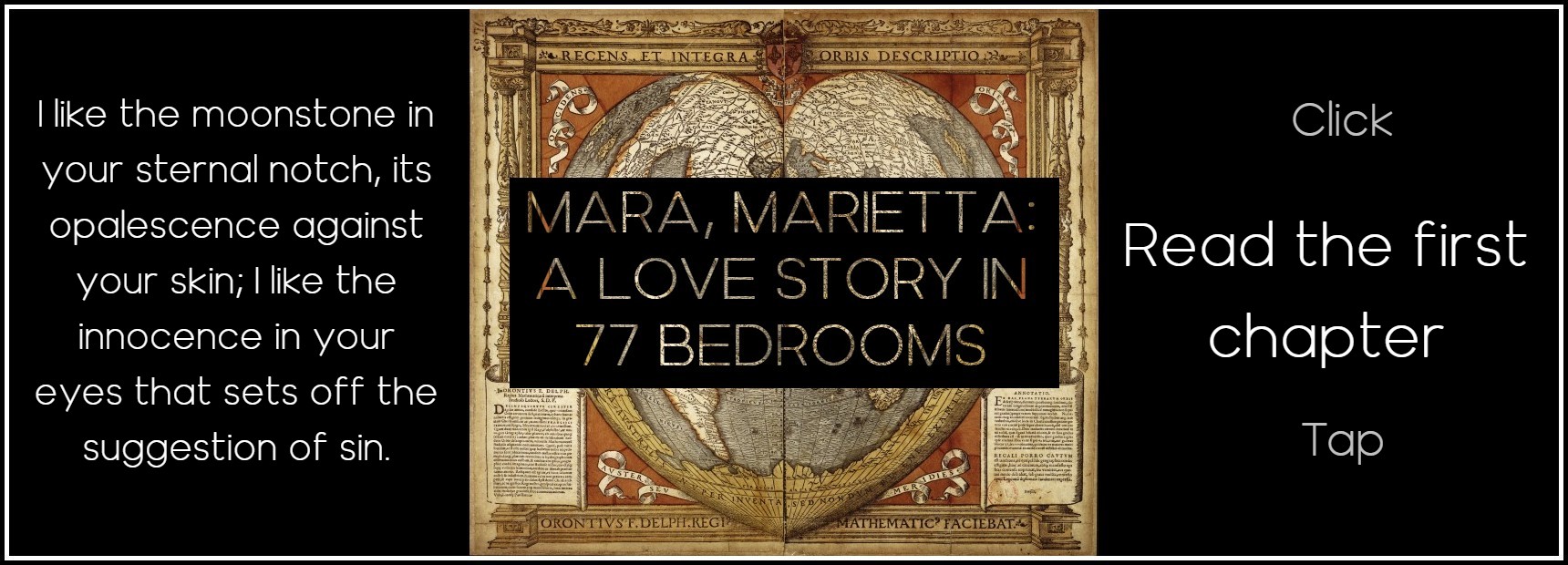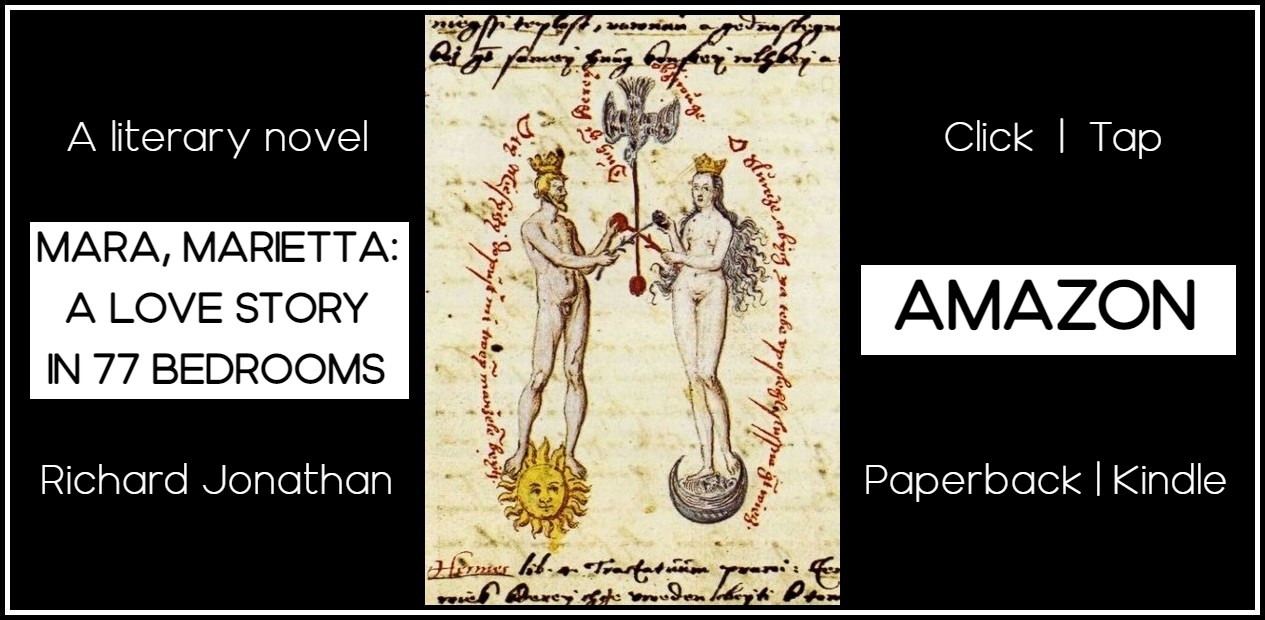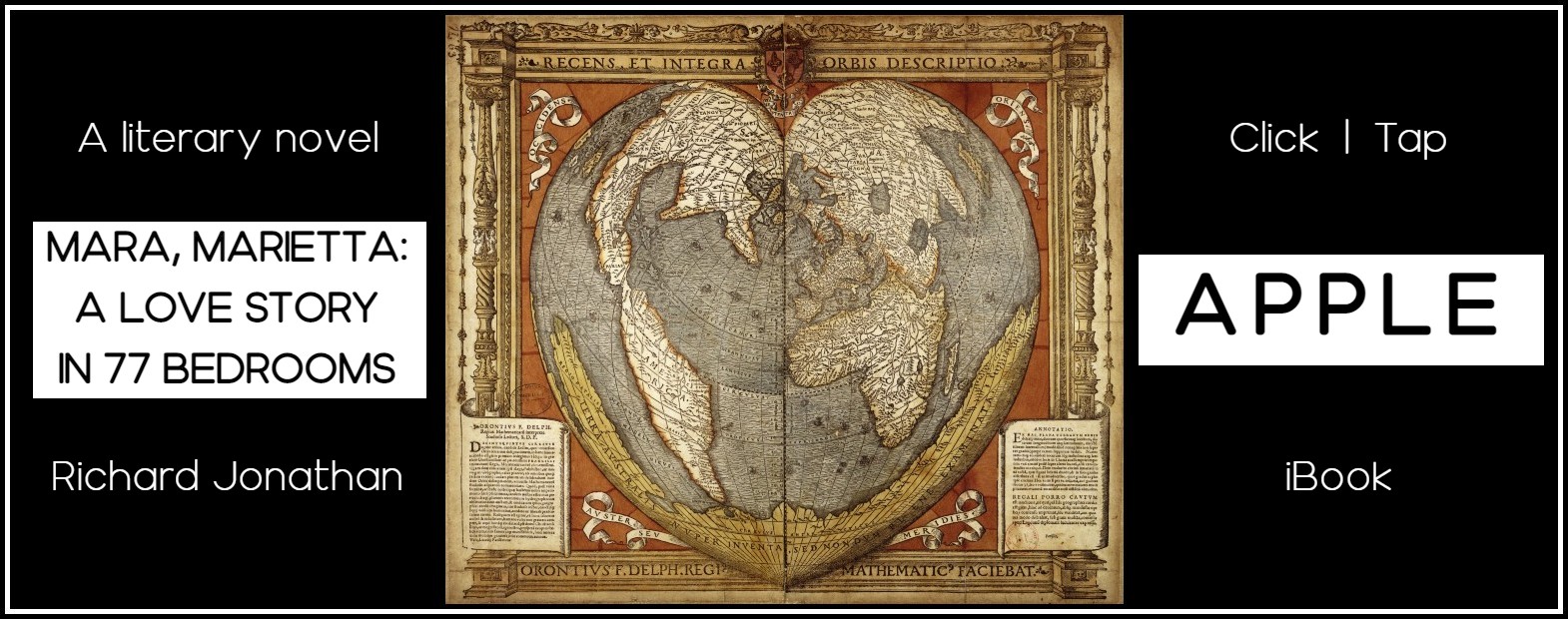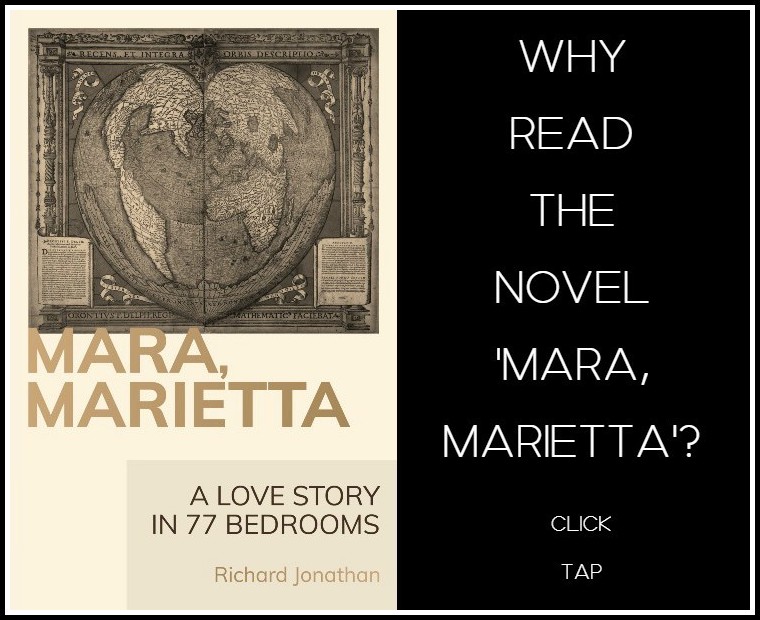
Synopsis – Part 1
LULU: ALBAN BERG
George Perle
Abbreviated and adapted from George Perle, The Operas of Alban Berg, Volume Two: Lulu (Los Angeles: University of California Press, 1989 [1985]) pp. 42-46
PROLOGUE
An animal tamer invites the audience into his tent to see his ‘soulless creatures, tamed by human genius.’ Others have only domesticated animals to show; ‘the true beast, the wild and beautiful beast—you’ll only find that here’—the tiger, the bear, the monkey, reptiles. He calls to a stagehand to bring the snake out. The stagehand carries Lulu out of the tent and places her before the animal tamer. He introduces her to the audience: ‘She was created for every abuse / To allure and to poison and seduce / To murder without leaving any trace’. Lulu is carried back into the tent. And now for the best part of the show—the animal tamer’s own head between the jaws of a beast of prey. What beast? ‘Honored spectators, step right in!’

Alban Berg, Lulu, Ivan Ludlow | Orchestre Symphonique de la Monnaie, Paul Daniel, 2012
ACT I SCENE 1
A painter’s studio. Schön’s son, Alwa, a writer, arrives to take his father to the dress rehearsal of his new ballet. Lulu is sitting for her portrait. Schwarz, left alone with Lulu, is unable to concentrate on his work. She coquettishly repulses his overtures. He chases her about the room, eventually catches her, bolts the door, and seats himself beside her on the ottoman. The room is in disorder.

Alban Berg, Lulu, Tom Randle & Barbara Hannigan | Orchestre Symphonique de la Monnaie, Paul Daniel, 2012
Suddenly Dr. Goll is heard at the door. He beats upon the door and demands that they open it. Lulu, terrified, cries, ‘He’ll kill me!’ The door falls into the studio with a crash. Dr. Goll rushes upon them: ‘You dogs!’ He gasps, struggling for breath, and falls headlong to the floor. Schwarz tries to speak to him but there is no response. ‘We must send for the doctor,’ he says. Lulu is momentarily left alone with Dr. Goll. She watches him anxiously. ‘He’ll get up all of a sudden. He looks at my feet and watches every step I take. It’s serious. He’s walking out on me. What shall I do?’

Alban Berg, Lulu, Barbara Hannigan & Tom Randle | Orchestre Symphonique de la Monnaie, Paul Daniel, 2012
Schwarz returns, realizes that Dr. Goll is dead, and tries to establish some contact with Lulu, who seems curiously unrelated to the dreadful event that has just occurred. He again sits beside her on the ottoman. ‘Can you speak the truth?’ ‘I don’t know,’ she replies. ‘Do you believe in a Creator?’ ‘I don’t know.’ ‘Can you swear by anything?’ ‘I don’t know. Let me be! You’re crazy! What do you want to know?’ she asks.

Alban Berg, Lulu, Barbara Hannigan & Tom Randle | Orchestre Symphonique de la Monnaie, Paul Daniel, 2012
She goes off to get dressed, and Schwarz is left alone with the corpse. He offers to give Lulu back to Dr. Goll. ‘I’m not up to being happy. I’m devilishly afraid of it. Wake up! I haven’t touched her. I pray to heaven to let me be happy, just slightly happy. For her sake, only for her sake.’

Alban Berg, Lulu, Tom Randle & Barbara Hannigan | Orchestre Symphonique de la Monnaie, Paul Daniel, 2012
Lulu returns. ‘Would you hook me up here? My hand’s trembling.’

Alban Berg, Lulu, Tom Randle & Barbara Hannigan | Orchestre Symphonique de la Monnaie, Paul Daniel, 2012
ACT I SCENE 2
An elegant drawing room; on the back wall is the portrait of Lulu in her Pierrot costume. Lulu is alone, in a negligee. Schwarz, her husband, enters, carrying his brush and palette. ’You’re looking extraordinarily charming today.’ They sort the morning’s mail. He is astonished at the sudden demand for his work and the high prices his pictures are commanding. About to return to his studio, he pauses and turns to Lulu: ‘Every day it’s as though I were seeing you for the first time. You belong to me. I’ve nothing else, since I have you—I’m utterly lost to myself.’

Alban Berg, Lulu, Barbara Hannigan & Tom Randle | Orchestre Symphonique de la Monnaie, Paul Daniel, 2012
The doorbell rings. Lulu suggests that they pretend nobody’s at home, but Schwarz insists on answering the door. ‘It may be the art dealer,’ he says. He returns and tells her there’s a beggar at the door. ‘I haven’t any change on me. And it’s also high time that I got to work.’ He goes to his studio.

Alban Berg, Lulu, Barbara Hannigan & Tom Randle | Orchestre Symphonique de la Monnaie, Paul Daniel, 2012
Lulu goes to the door and returns with Schigolch, an asthmatic old man. They have obviously known each other for a long time. Lulu gives him some money. ‘You’ve got on in the world,’ he says, admiring the apartment. She offers him a drink. ‘My little Lulu,’ he says, stroking her knee. ‘I haven’t been called ‘Lulu’ in ages.’ ‘What’s it now?’ ‘Eve.’ She describes her life with the painter. ‘I lie and sleep. I stretch—till my bones crack. I don’t dance anymore.’ She shows him out and returns with Schön.

Alban Berg, Lulu, Pavlo Hunka & Barbara Hannigan | Orchestre Symphonique de la Monnaie, Paul Daniel, 2012
‘What’s your father doing here?’ he asks. ’If I were your husband that man wouldn’t cross my threshold.’ He has come to demand that Lulu cease her visits to him. ‘I’m engaged, at last. Now I want to bring my bride into a respectable home.’ Lulu complains of her husband: ‘He sees nothing. He doesn’t see me and he doesn’t see himself. He’s blind. What am I to him? I’m nothing but his woman.’ Schön: ‘Let’s bring this to an end. I’ve married you off twice. You live in luxury. I’ve created a position for your husband.’ Lulu: ‘If I belong to anyone in the world, I belong to you. Without you I should be—I wouldn’t care to say where.’

Alban Berg, Lulu, Dietrich Henschel & Barbara Hannigan | Orchestre Symphonique de la Monnaie, Paul Daniel, 2012
Schön: ‘Leave me out of it! What use is it to me, your being married, if you’re to be seen going in and out of my house at all hours of the day?’

Alban Berg, Lulu, Barbara Hannigan & Dietrich Henschel | Orchestre Symphonique de la Monnaie, Paul Daniel, 2012
The painter hears them quarrelling and enters, his brush still in his hand. ‘What’s the matter?’ ‘Well,’ says Lulu. ‘Speak up!’ She leaves. ‘It had to come out,’ mutters Schön to himself. ‘I must have my hands free at last.’ He demands of Lulu’s astonished husband that he exercise stronger supervision over his wife. ‘She has changed for the better since I’ve known her.’ ‘Since you’ve known her? Since when have you known her, then?’ Schön reveals that he was responsible for her marriage to Dr. Goll. ‘It was after my wife’s death, when I was making my first contacts with my present fiancée. She put herself between us. She had gotten into her head to become my wife. Where someone has a background like Mignon’s you can’t apply the standards of bourgeois society.’ Schwarz is bewildered. ‘Of whom are you speaking?’ he asks. ‘Your wife. Who else?’ ‘Eve?’ ‘I called her ‘Mignon.’‘ ‘I thought her name was ‘Nelly.’ ‘That’s what Dr. Goll called her.’ The painter is beside himself at Schön’s revelations.

Alban Berg, Lulu, Tom Randle, Barbara Hannigan, Dietrich Henschel | Orchestre Symphonique de la Monnaie, Paul Daniel, 2012
Finally he seems to regain his composure. He rises. ‘Where are you going?’ asks Schön. ‘To talk to her.’ ‘Good!’ says Schön, accompanying him to the door.

Alban Berg, Lulu, Tom Randle, Dietrich Henschel, Barbara Hannigan | Orchestre Symphonique de la Monnaie, Paul Daniel, 2012
Schön is alone. ‘That was a tough job,’ he says. Suddenly he realizes that Lulu is in the room and that her husband has not gone to her. Fearful groans are heard. Schön tries to open the door, but finds it locked. Lulu returns: ‘He’ll open it himself, when he’s finished weeping.’

Alban Berg, Lulu, Barbara Hannigan, Tom Randle, Dietrich Henschel | Orchestre Symphonique de la Monnaie, Paul Daniel, 2012
The doorbell rings. It is Alwa, in a state of great excitement. ‘A revolution has broken out in Paris,’ he tells his father. ‘At the newspaper office nobody knows what to write.’ With Alwa’s assistance they break the door open and discover that the painter has committed suicide. Schön telephones the police. He is concerned above all with the prospect of a scandal that will ruin him. ‘Now I can retire from the world. There lies my engagement.’ Alwa: ‘That’s the curse of your game!’ Schön: ‘Go shout it through the streets! In an hour’s time they’ll be selling the extra editions.’ Lulu points out that he is a powerful newspaper editor himself, and Schön remembers that his son had come with a message for him—there’s a revolution in Paris that his subordinates at the newspaper office do not know how to deal with. ‘If only the police would come!’ The doorbell rings. Lulu stops Schön as he goes to answer the door: ‘Wait, you’ve got blood on you. It doesn’t leave any marks,’ she says as she wipes the blood from his hand. Schön: ‘You monster!’ ‘You’ll marry me yet!’ she says. As the curtain falls, the doorbell rings again, signaling the arrival of the police.

Alban Berg, Lulu, Dietrich Henschel, Barbara Hannigan, Charles Workman | Orchestre Symphonique de la Monnaie, Paul Daniel, 2012
ACT I SCENE 3
The dressing room of a theater where Lulu, who has returned to her profession as a dancer, is starring in a ballet written by Alwa and sponsored by his father. Alwa is speaking to Lulu, who is hidden by a screen: ‘I’ve never seen an audience so beside itself.’ Lulu, however, is interested only in knowing whether or not Schön will be in the audience. Lulu, in a ballet costume, comes out from behind the screen. ‘Do you still remember how I came into your room for the first time?’ Alwa: ‘You were wearing a dark blue dress trimmed in black velvet. My God, I saw in you something so infinitely above me! I think I had a higher regard for you than for my mother. Think of it—when my mother died—I was seventeen—I went to my father and demanded that he should make you his wife at once, or we would have to fight a duel.’ Lulu, referring to Schön: ‘He must learn to believe in my success. He brought me into the theater so that someone might be found who’s rich enough to marry me.’ A bell rings, signaling Lulu to return to the stage.

Alban Berg, Lulu, Barbara Hannigan & Charles Workman | Orchestre Symphonique de la Monnaie, Paul Daniel, 2012
Alwa, alone: ‘One could certainly write an interesting play about her. Act One: Dr. Goll. Already bad! Act Two: Schwarz. Still more impossible! Act Three: Is it really to go on this way?’ Prince Escerny, ‘an African explorer,’ enters. ‘I had the pleasure once of meeting the artiste at Schön’s. Would you believe it possible that at our first meeting I wasn’t expecting anything more than to make the acquaintance of a young lady of the literary world? She is the embodiment of the joy of life. As a man’s wife she would make him supremely happy.’

Alban Berg, Lulu, Charles Workman, Barbara Hannigan, Albrecht Kludszuweit | Orchestre Symphonique de la Monnaie, Paul Daniel, 2012
The backstage bell rings again, to Alwa’s consternation. Lulu returns and seats herself in an armchair, after having ‘fainted’ onstage. ‘Did you see him? With his fiancée?’ Schön comes in. Alwa turns to him: ‘That’s a joke you could have spared yourself!’ Schön: ‘You’ll dance before anyone who buys a ticket. On stage with you!’ Lulu asks to be allowed to rest for a few minutes. Alwa leaves, to see that the show continues until Lulu is ready to return to the stage.

Alban Berg, Lulu, Charles Workman, Barbara Hannigan, Dietrich Henschel | Orchestre Symphonique de la Monnaie, Paul Daniel, 2012
Lulu and Schön are left alone. ‘You’re right to show me where I belong. And you couldn’t have done it better than by having me dance the skirt-dance in front of your fiancée.’ Schön: ‘With your background it’s an extraordinary piece of luck that you should have an opportunity to appear in front of respectable people.’ Lulu: ‘I know very well what would have become of me if you hadn’t saved me from it.’ ‘Are you then perhaps something different today?’ ‘No, thank God!’

Alban Berg, Lulu, Dietrich Henschel & Barbara Hannigan | Orchestre Symphonique de la Monnaie, Paul Daniel, 2012
The conversation turns to Prince Escerny. ‘He’s taking me to Africa with him.’ ‘To Africa?’ ‘Why not? You made me a dancer so that someone would come and take me away.’ ‘But not to Africa!’ ‘Then why didn’t you just let me quietly faint and silently thank heaven for it? Go! For the sake of your innocent fiancée, leave me alone! Marry her—then she’ll dance before me in her childish misery, instead of me before her!’ Schön raises his fist to strike Lulu. ‘Hit me! Where is your whip?’ He rushes to the door, then hesitates. ‘Can I show myself now to the child, like this?—I’ll go home!—If only I could escape from the world!’ At last Schön’s helplessness is fully exposed, even to himself.

Alban Berg, Lulu, Dietrich Henschel & Barbara Hannigan | Orchestre Symphonique de la Monnaie, Paul Daniel, 2012
At Lulu’s dictation he writes a letter to his fiancée, breaking off their engagement. ‘Now—comes the—execution,’ he cries as he finishes writing.

Alban Berg, Lulu, Dietrich Henschel & Barbara Hannigan | Orchestre Symphonique de la Monnaie, Paul Daniel, 2012
MARA, MARIETTA: A LOVE STORY IN 77 BEDROOMS – READ THE FIRST CHAPTER
A literary novel by Richard Jonathan
RICHARD JONATHAN, ‘MARA, MARIETTA: A LOVE STORY IN 77 BEDROOMS’ — READ THE FIRST CHAPTER
AMAZON & APPLE BOOKS
RICHARD JONATHAN, ‘MARA, MARIETTA: A LOVE STORY IN 77 BEDROOMS’ | AMAZON PAPERBACK OR KINDLE
RICHARD JONATHAN, ‘MARA, MARIETTA: A LOVE STORY IN 77 BEDROOMS’ | APPLE iBOOK
MARA, MARIETTA: A LOVE STORY IN 77 BEDROOMS
A literary novel by Richard Jonathan
RELATED POSTS IN THE MARA MARIETTA CULTURE BLOG
CLICK ON THE IMAGE TO GO TO THE PAGE
By Richard Jonathan | © Mara Marietta Culture Blog, 2024 | All rights reserved









Comments